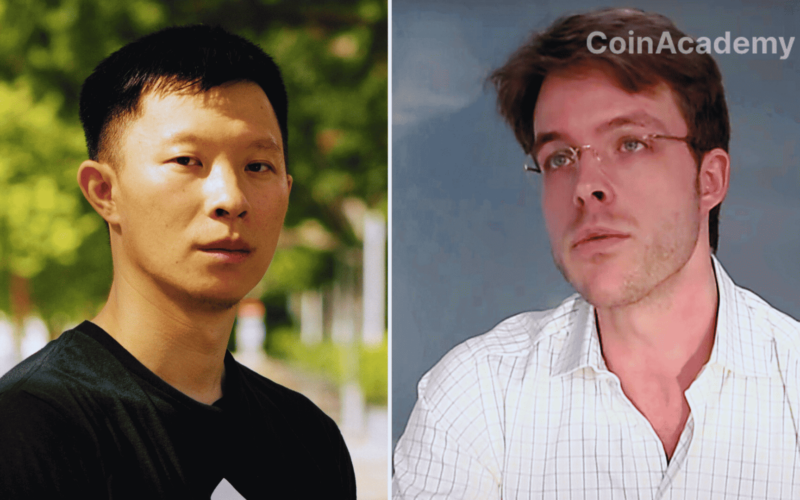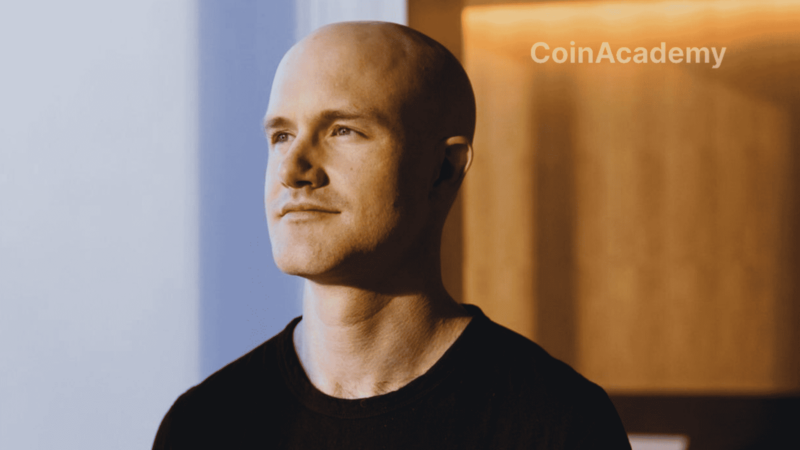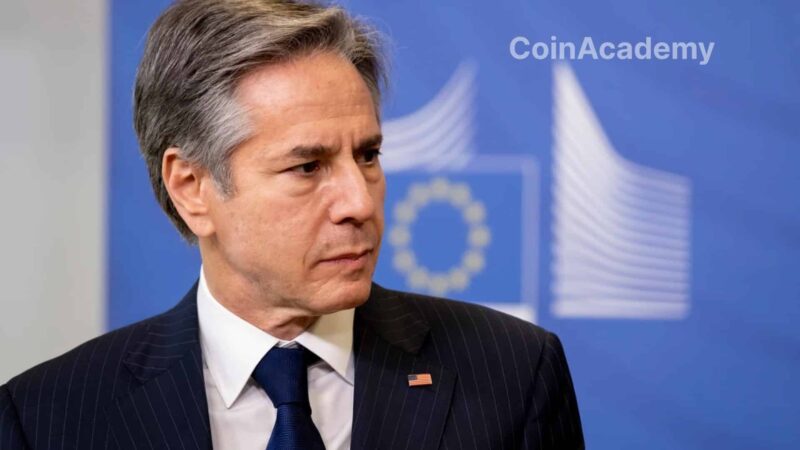The founders of the crypto hedge fund Three Arrows Capital (3AC), Su Zhu and Kyle Davies, along with Davies’ wife, Kelly Chen, have had more than $1.14 billion of assets frozen by a court order. The order was filed in connection with allegations that the founders are responsible for the deterioration of 3AC.
Freezing $1.4 billion of funds for the founders of 3AC
The British Virgin Islands court has taken drastic action against the founders of Three Arrows Capital (3AC), Su Zhu and Kyle Davies, as well as Davies’ wife, Kelly Chen.
Their funds, estimated to be worth up to $1.14 billion in total, have been frozen worldwide. This decision comes after Zhu’s arrest at Singapore’s Changi Airport in September, when he attempted to leave the country.
Teneo, the liquidator of 3AC, stated that this global asset freezing order was sought in connection with allegations that the founders should be held responsible for the deterioration of 3AC.
These developments come after the bankruptcy of 3AC in July 2022, following the collapse of the Terra ecosystem and the company’s inability to meet margin calls from its lenders.
The consequences for Three Arrows Capital (3AC)
Founded in 2012, 3AC was one of the world’s largest crypto hedge funds before its spectacular downfall. The bankruptcy has left creditors with estimated claims of around $3.3 billion. The freezing of the founders’ assets raises crucial questions about the potential recovery of funds for the aggrieved creditors and marks a turning point in the handling of disputes involving crypto hedge funds.
The repercussions of this case extend far beyond the borders of the British Virgin Islands. With Zhu facing imprisonment in Singapore and Davies still on the run, the case of 3AC illustrates the complex and transnational nature of financial litigation in the cryptocurrency era. Additionally, the nine-year ban imposed by the Monetary Authority of Singapore on Zhu and Davies from participating in regulated activities highlights the seriousness of their actions and the regulatory consequences that follow.




